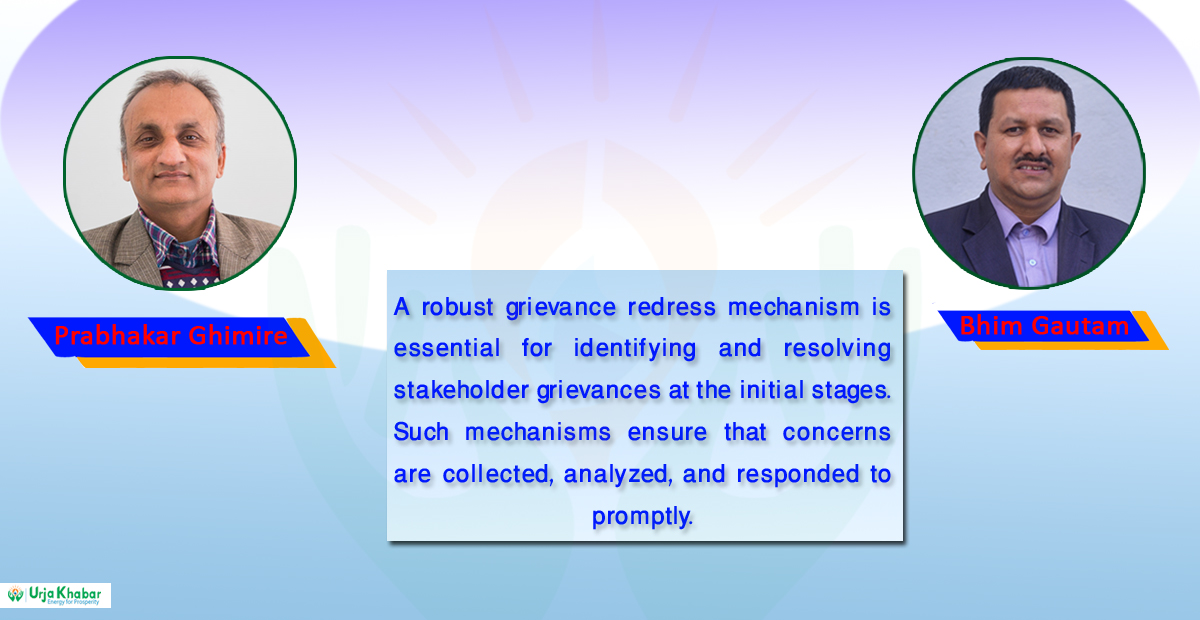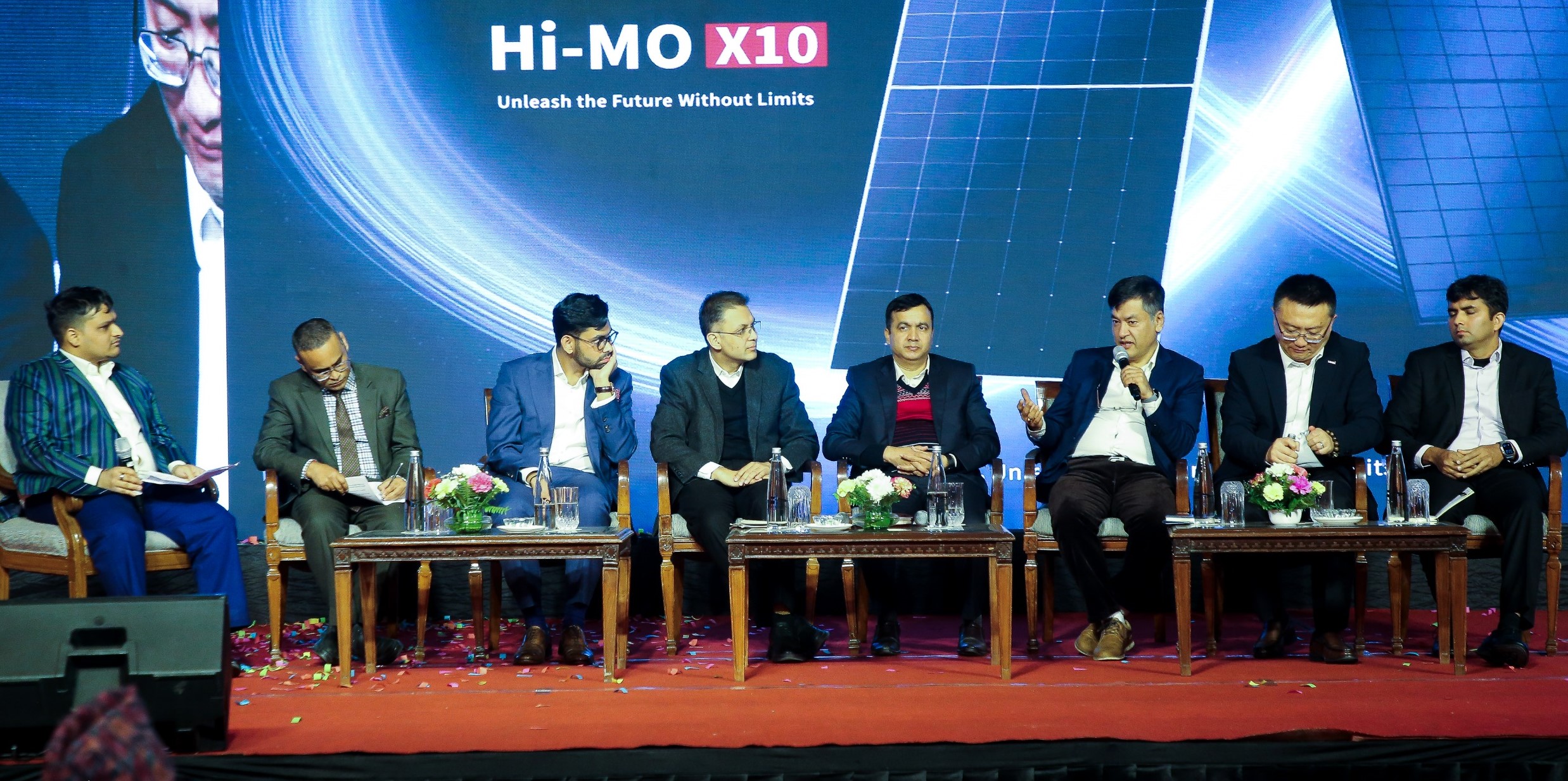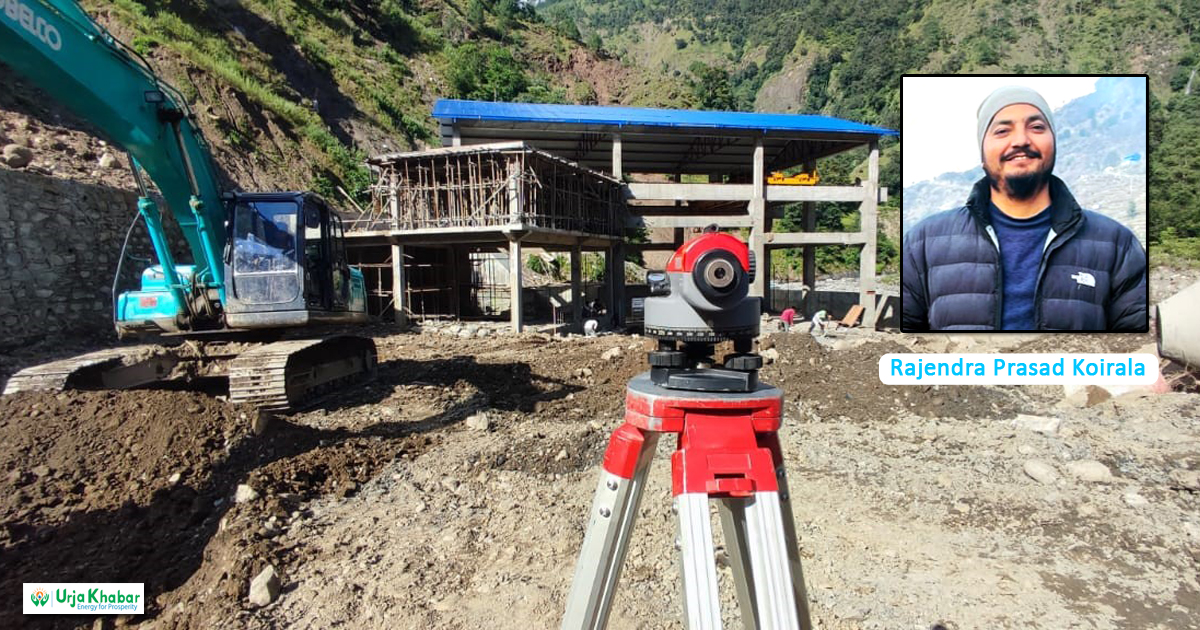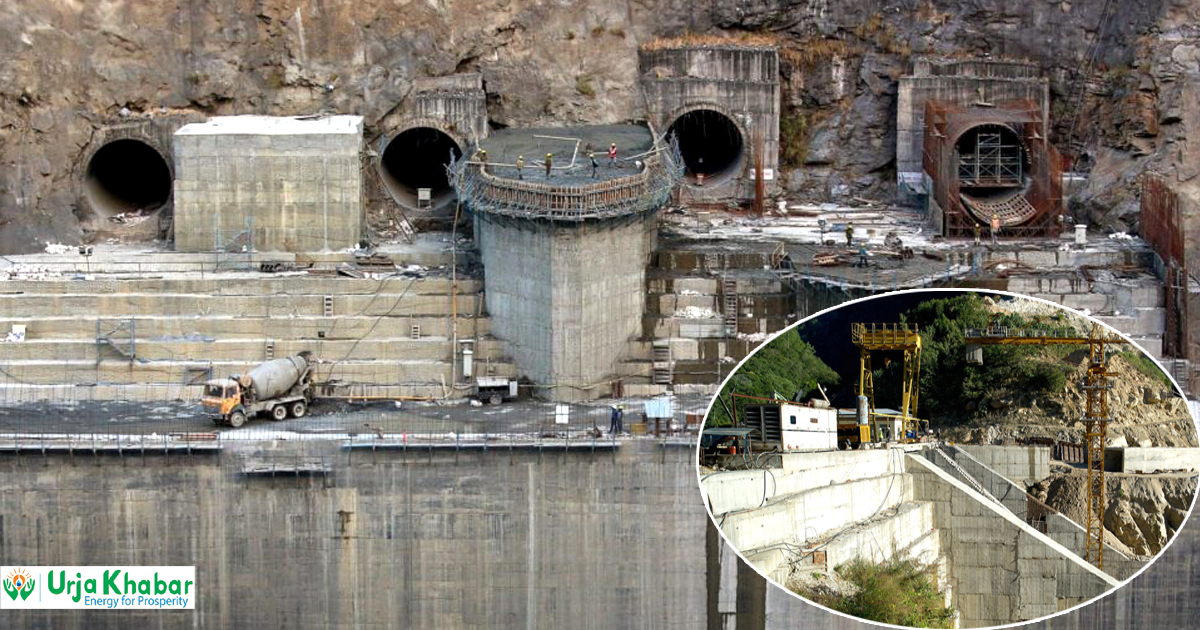Energy Update
Critical Role of Stakeholder Communication in Large-Scale Development Projects

The Global Competitiveness Index 2017-18 places Nepal at 119th globally in overall infrastructure development and 117th in infrastructure quality. To address this substantial infrastructure deficit, Nepal must make significant investments in the sector. According to the 'Needs Assessment, Costing, and Financing Strategy for Sustainable Development Goals 2017' report released by the National Planning Commission, Nepal should allocate Rs 2025 billion annually (equivalent to 48 percent of the Gross Domestic Product) to achieve the Sustainable Development Goals by 2030. A substantial portion of this investment is earmarked for infrastructure development, with an estimated Rs 3136 billion needed to reach an installed capacity of 15,000 MW by 2030.
Nevertheless, Nepal's development targets cannot be attained without the successful execution of transformative infrastructure projects. Large-scale infrastructure initiatives are marked by significant costs, extended development periods, and heightened intensity. Moreover, they involve diverse stakeholders with varying interests, influences, and attitudes. The intricate nature of large-sized infrastructure projects necessitates adept managerial capabilities that consider both internal and external stakeholders.

Communication with relevant stakeholders is one of the most crucial aspects of infrastructure project development and implementation. Stakeholder concerns and challenges in large-scale project development are frequently deliberated by policy-makers and experts in various development forums. However, the importance of precise communication for the timely and cost-effective delivery of projects is often overlooked. Public discussions typically center around financing, environmental considerations, human resources, and technical aspects of such significant ventures. However, a pivotal element that often remains in the shadows during development forums is project communication. Even mass media seldom delve into the intricacies of communication-related problems in infrastructure project development. Despite its significance, it is commonly undervalued and overshadowed by other financial and technical concerns in development projects.
COMMUNICATION DEFICIT IN PROJECTS

Throughout Nepal's history, numerous large projects have encountered delays and cost overruns, primarily attributable to inadequate communication between project developers and pertinent stakeholders.
While many argue that securing financing and possessing technical capabilities are the primary challenges in project development and implementation in Nepal, the country faces a more intricate challenge of establishing stakeholder ownership and garnering its support. Stakeholders in development projects span beyond affected host communities to include people's representatives, political parties, government agencies, development partners, lending banks, financial institutions, policymakers, media, pressure groups, and various non-governmental organizations.
This communication deficit is not unique to Nepal; globally, project developers frequently neglect meaningful engagement with stakeholders, leading to financial losses, increased costs, and extended timelines. A 2013 study conducted by the Project Management Institute (PMI) highlighted the substantial risk posed by ineffective communication, equating to USD 130.5 million per billion dollars spent on any project. Additionally, the study revealed that projects lacking robust communication systems are 14 times more susceptible to risk compared to those prioritizing communication with stakeholders. A 2010 survey by Forbes underscored the importance of communication, with 92 percent of CEOs, communication experts, and strategists considering it pivotal for the strategic success of any organization.
CAUSES OF PROJECT-STAKEHOLDER CONFLICTS
The prioritization of stakeholders was introduced as a concept by Richard Edward Freeman in 1984 through his book 'Strategic Management: A Stakeholder Approach.' Freeman defines stakeholders as "any group or individual who can affect or is affected by the achievement of the organization’s objectives." However, many large projects in Nepal have grappled with delays and cost overruns due to inadequate communication between project developers and relevant stakeholders. Despite the crucial role of project-stakeholder relations for successful project delivery, the practical implementation often falls short, leading to grievances from both project developers and stakeholders. Regular occurrences of protests and other forms of conflict between development projects and their local stakeholders have been witnessed. Conflicts between stakeholders and projects are commonplace, often stemming from a lack of understanding or inadequate information sharing.
Stakeholders, including residents and public representatives, may develop negative attitudes without access to accurate and balanced project information because they have certain interests and concerns in the projects.
Primarily, the conflicts with the local community revolve around compensation for land and other losses, environmental issues, social disruptions, threats to local culture, local employment, and benefits to locals from the projects. The socio-economic benefits such as employment generation, local development, and business opportunities that projects offer to locals and to the whole nation can be overshadowed if those contentious issues are not resolved through proper engagement with the stakeholders. Most of the projects failed to effectively convey messages about significance through early, meaningful, and consistent engagement activities. The delay in project implementation often leads to frustration and anger among locals. However, instead of transparently explaining the reasons behind delays, some developers resort to non-transparency, exacerbating the situation.
ENGAGING STAKEHOLDERS
Through dedicated forums, the project effectively conveyed its message, addressed concerns, and ensured meaningful stakeholder participation in decision-making processes. A dedicated communication unit facilitates ongoing dialogues with stakeholders at various stages of project development and implementation, preventing negative perceptions from taking root. The projects which engaged in continuous, positive, and realistic communication with stakeholders from the project's inception enjoyed cordial relationships with relevant stakeholders.
Various forms of engagement activities such as public meetings, dedicated meetings, interactions, grievance mechanisms, and public information centers can serve as effective mediums of project-stakeholder communication. These forums not only provide a platform to regularly convey the project's message but also address ambiguities and concerns of stakeholders. Such comprehensive communication strategies designed considering the size of the projects, nature of stakeholders, and local context, can contribute to securing the buy-in of almost all major stakeholders towards project initiatives. A dedicated communication team can facilitate dialogues at various levels and stages, ensuring continuous communication before and during the project's implementation. Social mobilizers, if properly deployed, can play a crucial role in removing confusion and misunderstandings between projects and local communities. They also can act as active mediums to share project information and resolve grievances. However, many projects employ too few social mobilizers, and even when they are employed, their interaction with locals may be limited in formalities.
International Standards and Legal Framework: International standards set by organizations like the International Finance Corporation, Asian Development Bank, and European Bank emphasize the necessity for adequate and meaningful consultations between projects and relevant stakeholders. Article 28 of the constitution of Nepal and the Right to Information Act have also ensured the right of citizens to get information on matters of public interest. The Environment Regulations and the Good Governance Act stipulate transparent and adequate discussions with stakeholders throughout the project life cycle.
In conclusion, effective communication with stakeholders is pivotal to the success of large-scale development projects. It is essential to bridge the communication gap, dispel rumors, and address negative perceptions about projects at an early stage. As emphasized by international standards, thorough consultations and communication contribute to informed decisions, foster transparency, and enhance the sense of ownership toward projects, thereby ensuring overall project success. Projects in Nepal and globally must acknowledge the critical role of stakeholder communication as an integral component of their development strategies.
Establishing a local-level project coordination committee that includes project-affected individuals, local representatives, project representatives, and local administration officials can serve as a valuable instrument to proactively address project-related conflicts or issues before they escalate. A robust grievance redress mechanism is essential for identifying and resolving stakeholder grievances at the initial stages. Such mechanisms ensure that concerns are collected, analyzed, and responded to promptly. Regular reviews and revisions of stakeholder relationship strategies are necessary as stakeholders may change over time, and projects progress through different stages. Such mechanisms will also help create a conducive environment for project implementation by fostering positive relationships with relevant stakeholders.
Prabhakar Ghimire is a project communication expert, and Bhim Gautam is CEO of IPPAN, This article is taken from a memoir titled ‘Urja Samriddhi‘ published by IPPAN on 18th january, 2024.
Conversation
- Info. Dept. Reg. No. : 254/073/74
- Telephone : +977-1-5321303
- Email : [email protected]














